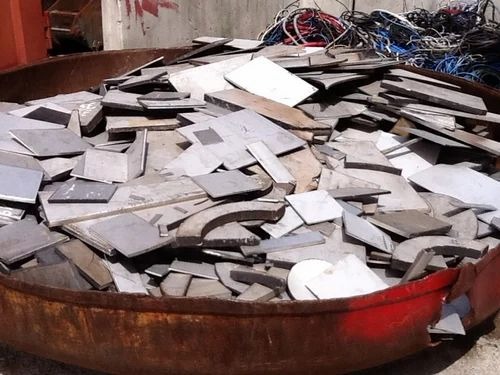Inconel 600 scrap plays a vital role in metal recycling and high-performance industrial applications. If you're involved in sectors like aerospace, chemical processing, or heat treatment, understanding the value of this nickel-chromium alloy is essential. As a durable and corrosion-resistant material, Inconel 600 remains highly sought-after—even in scrap form.

You’ll find that Inconel 600, according to standards such as ASTM B166, ASTM B168, and UNS N06600, is engineered for extreme environments. Its high resistance to oxidation and carburization at high temperatures makes it ideal for furnace components, nuclear reactors, and chemical plant equipment. When this material reaches the end of its service life, its scrap still holds significant worth due to its retained alloy integrity.
As a buyer or seller, you're likely to benefit from the active global trade of Inconel 600 scrap. Inconel 600 Scrap Importers recognize its enduring value, especially for remelting and alloy recovery. The presence of valuable elements like nickel and chromium makes it a preferred input in the recycling cycle.
Moreover, the demand from Inconel 600 Scrap Suppliers supports the growing emphasis on sustainability. With increased focus on resource conservation, industries are turning to high-grade scrap as a reliable alternative to virgin materials. This shift not only reduces environmental impact but also offers cost-effective sourcing for manufacturers.
If you're looking to engage with the Inconel scrap market, it's helpful to stay informed on current grades, standards, and pricing. Working with experienced handlers or knowledgeable traders can ensure you receive consistent, high-quality scrap material that meets ASTM B166 and other relevant specifications.
Ultimately, Inconel 600 scrap continues to be a strategic asset. Whether you're recycling surplus material or sourcing for a new production batch, you’re participating in a circular economy that values strength, efficiency, and material longevity.